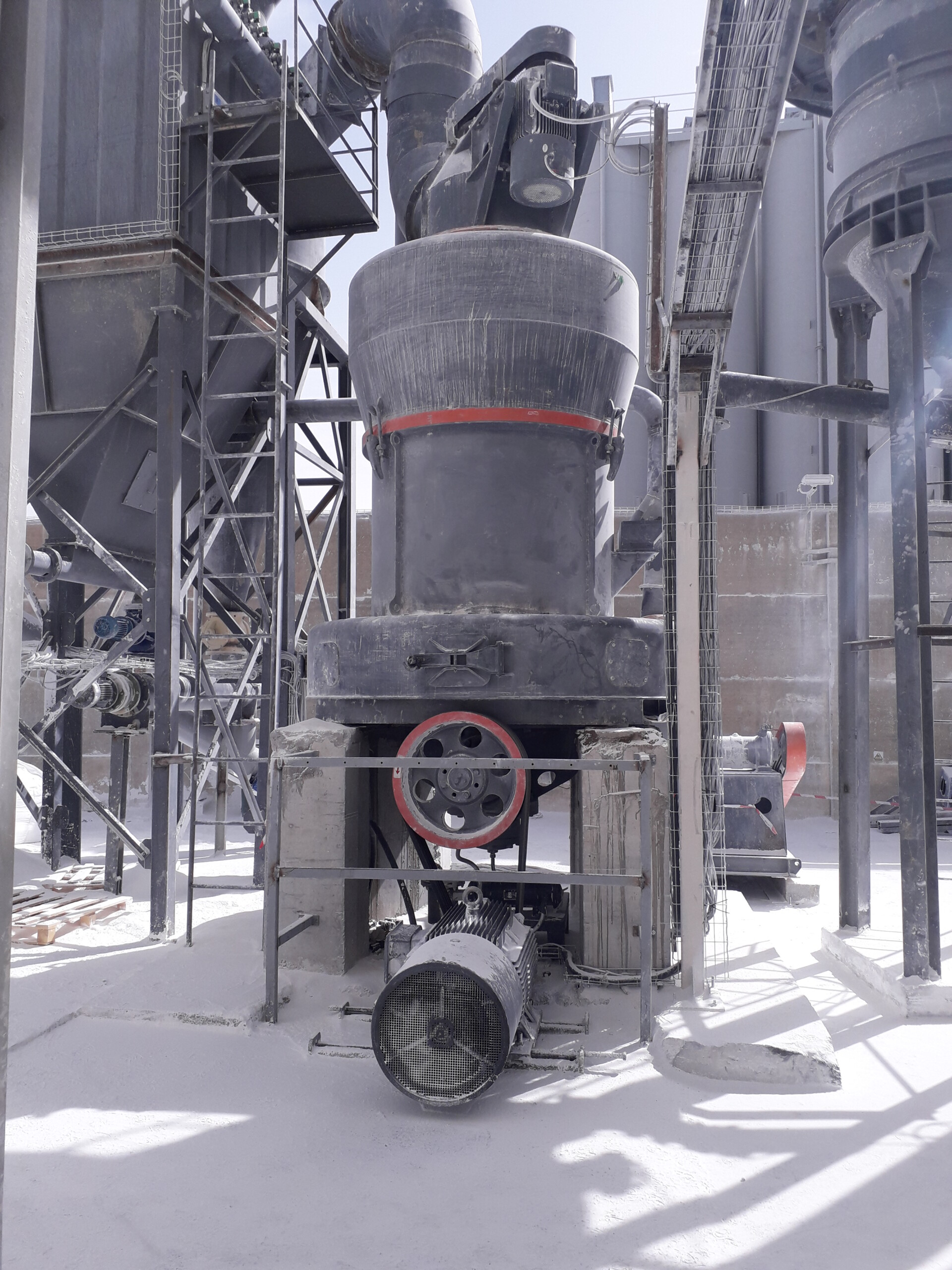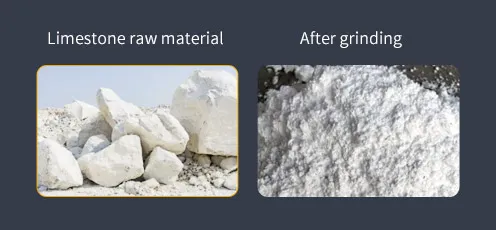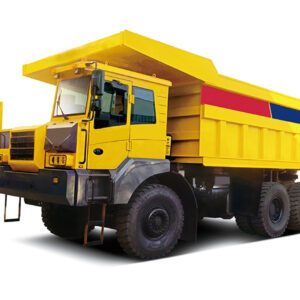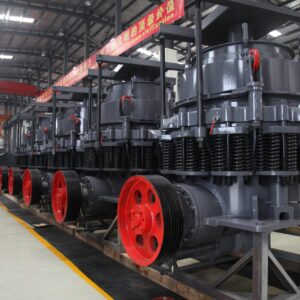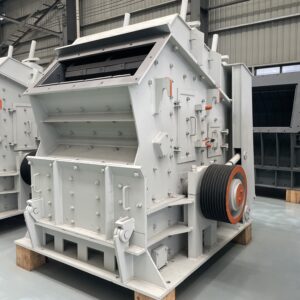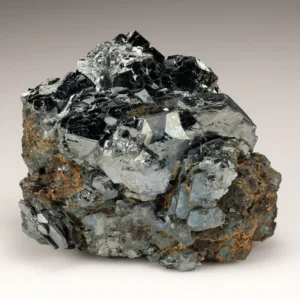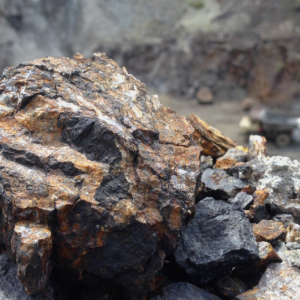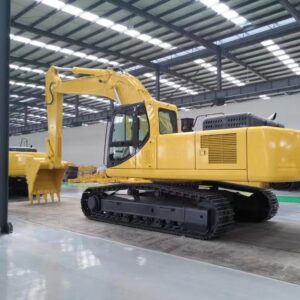Description
Process
Limestone powder is widely used in electric power, metallurgy, cement, chemical industry, building materials, coatings, papermaking, rubber, medicine, food, and other fields, and has broad market prospects.
The process flow of the limestone grinding production line mainly includes the following steps:
- Crushing: The initial step is to run large chunks of limestone through a crusher, reducing them to a size suitable for grinding. Generally, it is appropriate to control the grinding particle size within 2 cm.
- Grinding: The crushed limestone small pieces are lifted to the silo and then sent to the mill evenly and quantitatively through the vibrating feeder for grinding. The mill can use different types of equipment, such as an ultra-fine grinding mill, which uses an advanced grinding roller and ring design to achieve higher production capacity than traditional mills with the same fineness and power of the finished product.
- Grading: The ground limestone powder is graded and screened through a powder separator to ensure that every particle of powder meets the specified standards. The unqualified powder will be returned for re-grinding.
- Collect: The sorted qualified materials enter the pulse dust collector or cyclone collector to achieve material and gas separation. The collected materials are sent to the next process through the discharge valve, and most of the airflow participates in the next cycle. The excess airflow is cleaned by pulse dust removal and then discharged to the atmosphere.
Introduction
A Limestone Grinding Mill Plant is a facility designed to process limestone into fine powder for various applications. Limestone is a sedimentary rock primarily composed of calcium carbonate (CaCO₃) and is widely used in industries such as construction, agriculture, and manufacturing. The plant involves several stages and equipment to achieve the desired fineness and quality of the limestone powder.
Benefits of Limestone Grinding Mill Plants:
- High Efficiency: Advanced grinding technologies ensure high production efficiency.
- Fine and Consistent Powder: Precision in grinding and classification ensures consistent product quality.
- Environmental Protection: Dust collection systems minimize environmental impact.
- Versatility: Suitable for producing limestone powder for various applications.
Applications:
- Construction Industry: Used in cement production and as a filler in concrete and asphalt.
- Agriculture: Used to neutralize acidic soils and as a feed supplement for livestock.
- Manufacturing: Used in the production of glass, paper, plastics, and paint.
- Environmental: Used for flue gas desulfurization in power plants to reduce sulfur emissions.
By processing limestone into fine powder, the grinding mill plant supports various industries by providing a versatile and essential material for manufacturing processes.
